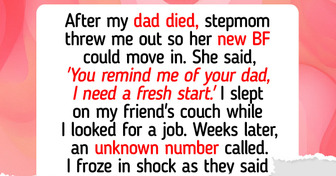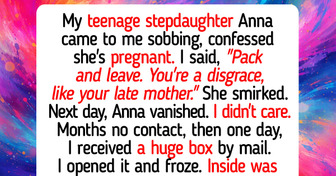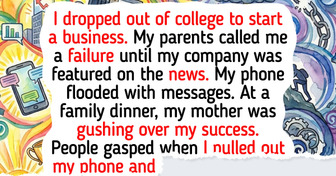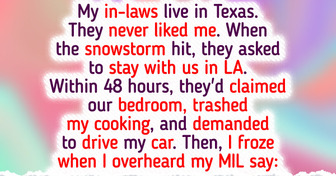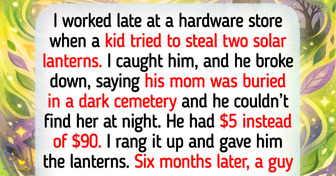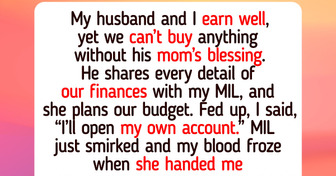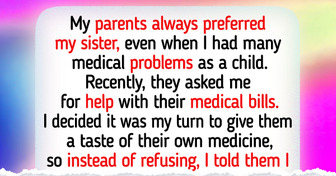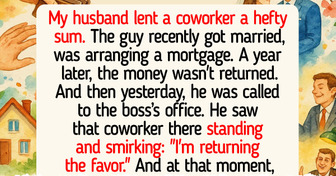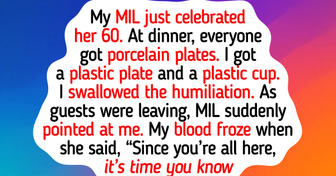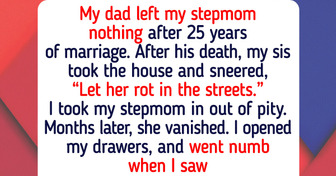I Excluded My Stepson From Our Disney Trip, My Son’s Comfort Comes First
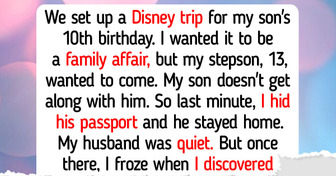
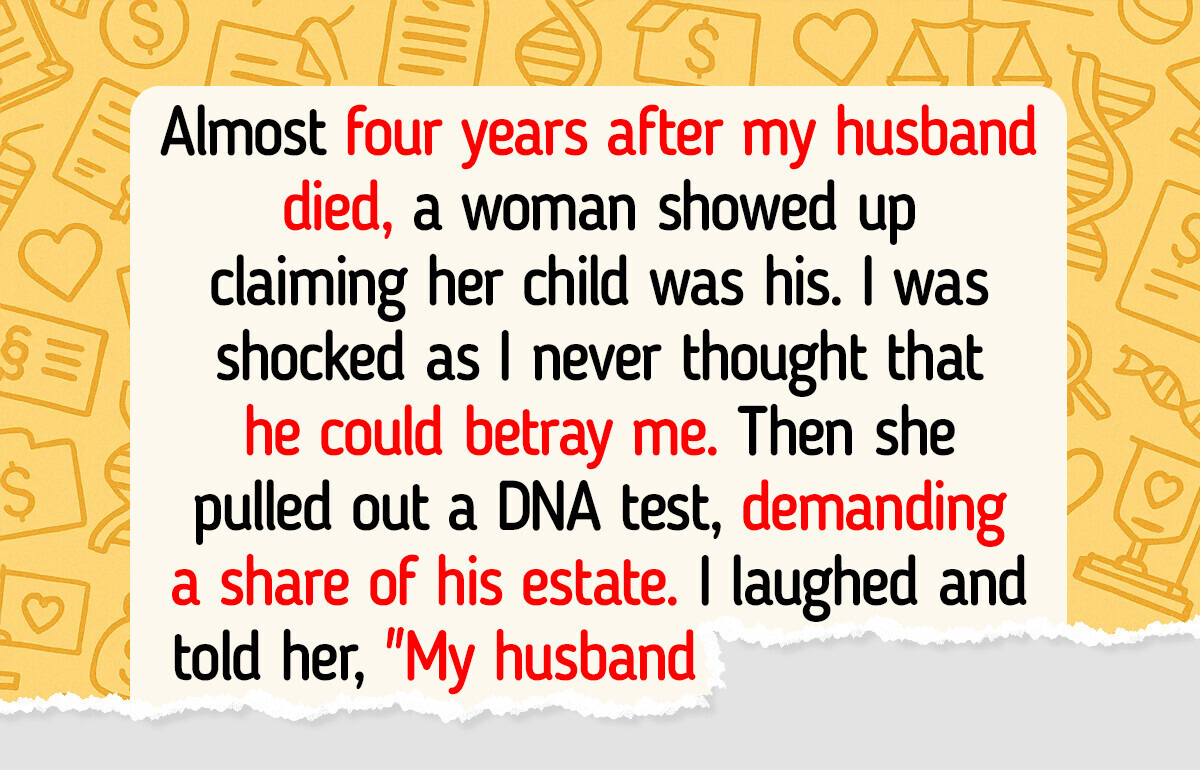
The agony of betrayal, coupled with the unpredictability of inheritance and responsibility, can become an overwhelming weight. This is the harsh reality for one woman, who must navigate an unforeseen predicament following the death of her husband.
[edited] Almost four years after my husband died, leaving me to raise our 8-year-old son on my own, I’ve discovered a lot about who he truly was. Let’s just say that, if he were still around, we probably wouldn’t be together anymore.
About six weeks ago, a process server showed up, attempting to serve him with a court order for a DNA test related to another child. I handed him a copy of the death certificate and sent him on his way.
Not long after that, a woman showed up at my door claiming her child was his. I was shocked as I never thought that he could betray me. I have no idea if that’s true, and frankly, I don’t care. The thing is, the kid does resemble him a bit, but they’d have to have been conceived right before his death for it to be possible.
I told her he was gone and pointed her to his grave. Then she pulled out a DNA test demanding a share of his estate, waving it like some sort of golden ticket. I couldn’t help but laugh and told her, “My husband had nothing. Half of nothing is still nothing. You’re welcome to it.”
Where I’ve been called inconsiderate is because, while there was no formal estate, there were assets that bypassed probate. One of those was a rental property his parents gave us years ago, which was deeded to both of us as joint tenants with rights of survivorship. In other words, it became mine when he passed.
I’ve already sold it, and that money is what will help send my child to college. Legally, I’m in the clear (I’ve already spoken to my attorney about it). While I do feel for this other child, I still have my own to take care of.
While the moral and ethical aspects of her decision may spark differing opinions, it highlights a universal truth: healing and moving forward often involve tough, deeply personal choices.

